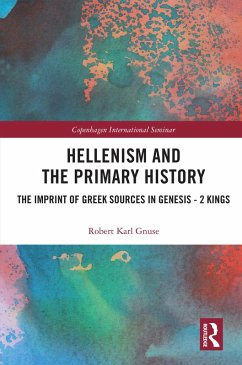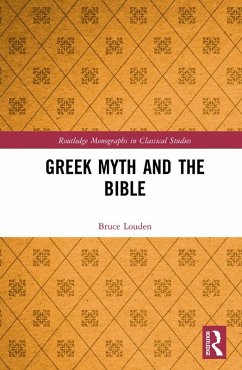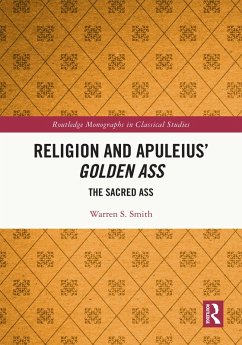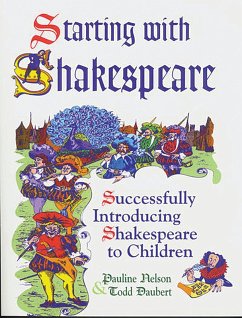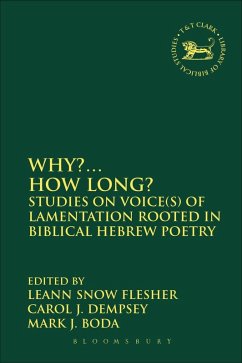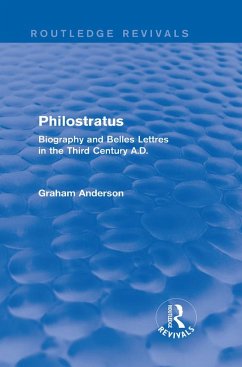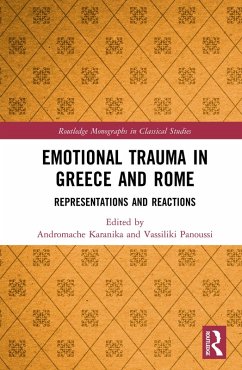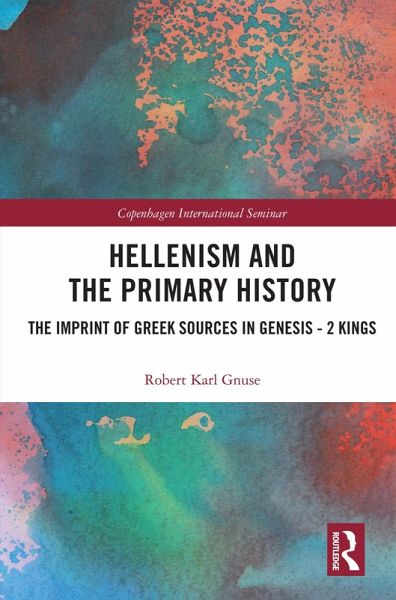
Hellenism and the Primary History (eBook, PDF)
The Imprint of Greek Sources in Genesis - 2 Kings
Versandkostenfrei!
Sofort per Download lieferbar
39,95 €
inkl. MwSt.
Weitere Ausgaben:

PAYBACK Punkte
20 °P sammeln!
This collection of essays seeks to demonstrate that many biblical authors deliberately used Classical and Hellenistic Greek texts for inspiration when crafting many of the narratives in the Primary History.Through detailed analysis of the text, Gnuse contends that there are numerous examples of clear influence from late classical and Hellenistic literature. Deconstructing the biblical and Greek works in parallel, he argues that there are too many similarities in basic theme, meaning, and detail, for them to be accounted for by coincidence or shared ancient tropes. Using this evidence, he sugge...
This collection of essays seeks to demonstrate that many biblical authors deliberately used Classical and Hellenistic Greek texts for inspiration when crafting many of the narratives in the Primary History.
Through detailed analysis of the text, Gnuse contends that there are numerous examples of clear influence from late classical and Hellenistic literature. Deconstructing the biblical and Greek works in parallel, he argues that there are too many similarities in basic theme, meaning, and detail, for them to be accounted for by coincidence or shared ancient tropes. Using this evidence, he suggests that although much of the text may originate from the Persian period, large parts of its final form likely date from the Hellenistic era.
With the help of an original introduction and final chapter, Gnuse pulls his essays together into a coherent collection for the first time. The resultant volume offers a valuable resource for anyone working on the dating of the Hebrew Bible, as well as those working on Hellenism in the ancient Levant more broadly.
Through detailed analysis of the text, Gnuse contends that there are numerous examples of clear influence from late classical and Hellenistic literature. Deconstructing the biblical and Greek works in parallel, he argues that there are too many similarities in basic theme, meaning, and detail, for them to be accounted for by coincidence or shared ancient tropes. Using this evidence, he suggests that although much of the text may originate from the Persian period, large parts of its final form likely date from the Hellenistic era.
With the help of an original introduction and final chapter, Gnuse pulls his essays together into a coherent collection for the first time. The resultant volume offers a valuable resource for anyone working on the dating of the Hebrew Bible, as well as those working on Hellenism in the ancient Levant more broadly.
Dieser Download kann aus rechtlichen Gründen nur mit Rechnungsadresse in A, B, BG, CY, CZ, D, DK, EW, E, FIN, F, GR, HR, H, IRL, I, LT, L, LR, M, NL, PL, P, R, S, SLO, SK ausgeliefert werden.




